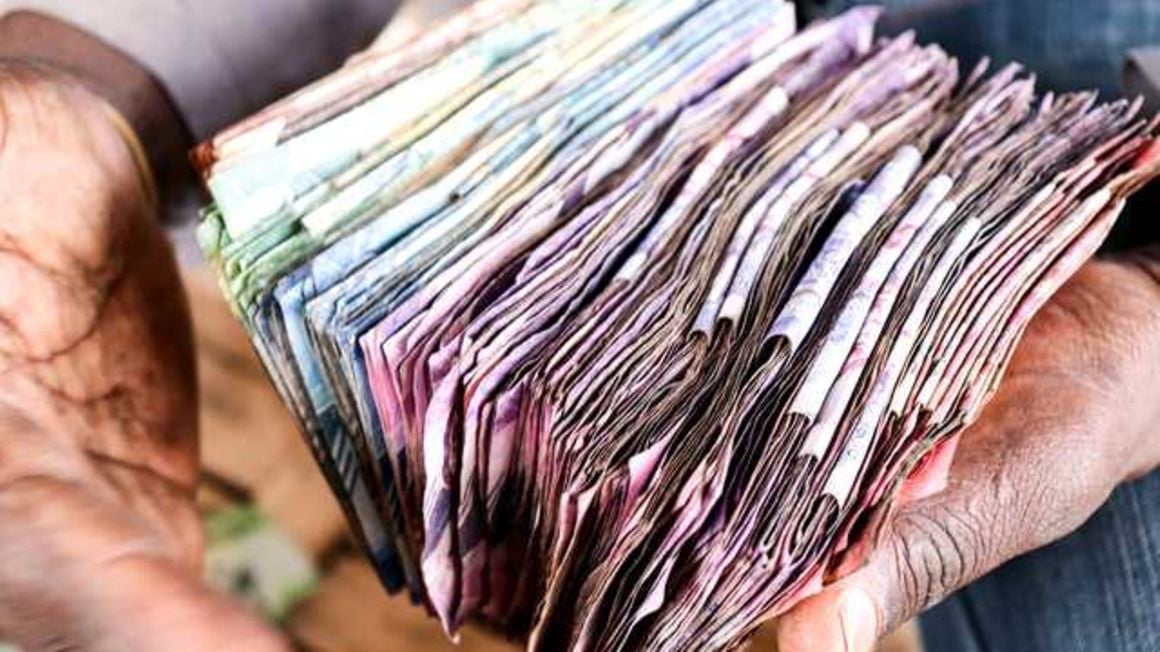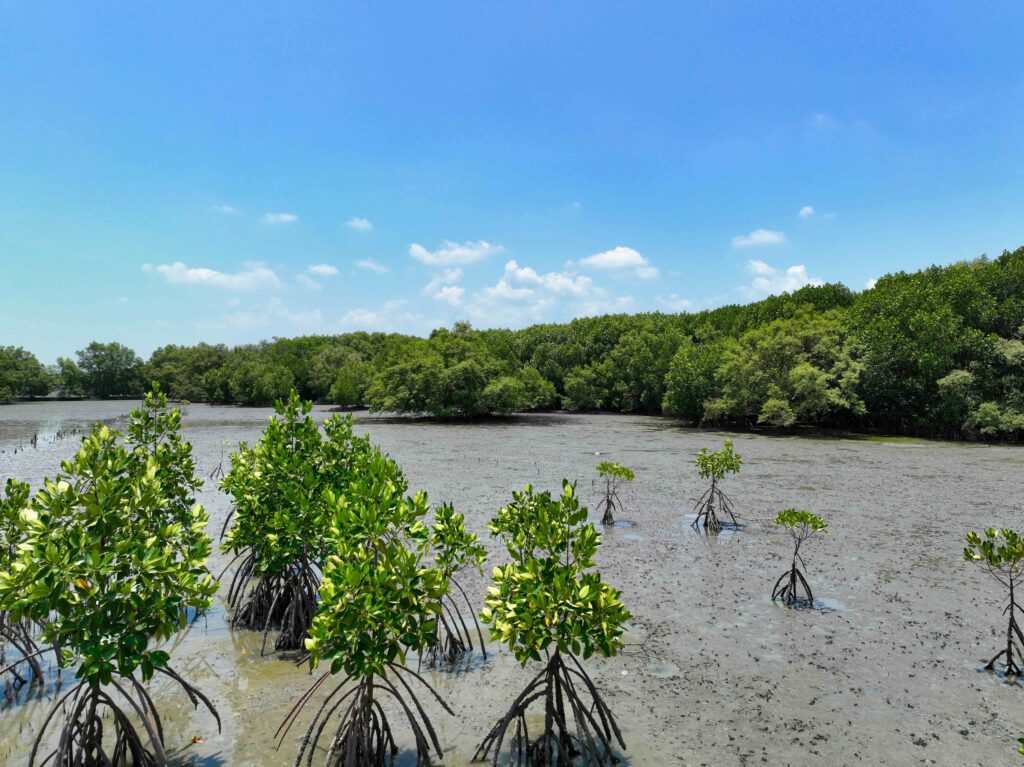According to data from the World Bank, about 1.4 billion adults globally remain unbanked. Many of these are low-income people in rural areas, especially women and youth and those with little or no financial literacy support.
Financial exclusion exacerbates rural poverty and erodes the capacity of individuals and households to withstand shocks.
Indeed, regions in Africa have been impacted by major climate, political and health-related shocks which not only restrain efforts for wider financial inclusion but also threaten the economic and social development gains achieved in reducing poverty among rural communities.
However, there is a silver lining. Over the last decade, financial inclusion has continued to gain traction and supports many of the United Nations’ Sustainable Development Goals (SDGs).
It is a critical component in reducing poverty and improving the standard of living of millions of people left out of financial systems.
Account ownership in developing economies, for example, grew from 63 percent to 71 percent between 2017 and 2021, driven by services like mobile money.
According to data from the World Bank, about 1.4 billion adults globally remain unbanked. Many of these are low-income people in rural areas, especially women and youth and those with little or no financial literacy support.
Financial exclusion exacerbates rural poverty and erodes the capacity of individuals and households to withstand shocks.
Indeed, regions in Africa have been impacted by major climate, political and health-related shocks which not only restrain efforts for wider financial inclusion but also threaten the economic and social development gains achieved in reducing poverty among rural communities.
However, there is a silver lining. Over the last decade, financial inclusion has continued to gain traction and supports many of the United Nations’ Sustainable Development Goals (SDGs).
It is a critical component in reducing poverty and improving the standard of living of millions of people left out of financial systems.
Account ownership in developing economies, for example, grew from 63 percent to 71 percent between 2017 and 2021, driven by services like mobile money.
Read original article



